Buying Real Estate in Canada
The Legal Ins and Outs of Buying Real Estate in Canada
Buying real estate is an exciting and significant step in one's life, and understanding the legal aspects is crucial for a successful transaction. In Canada, the process involves various legal requirements and considerations that buyers must be aware of to protect their interests. This article will provide a comprehensive overview of the legal ins and outs of buying real estate in Canada, covering key aspects from contracts and financing to taxes and closing procedures.
Understanding the Offer and Purchase Agreement:
The first step in buying real estate in Canada is making an offer through a Purchase Agreement. This legally binding document outlines the terms and conditions of the purchase, including the purchase price, deposit, financing conditions, and closing date. It is crucial to review this agreement thoroughly and seek legal advice to ensure all necessary clauses are included to protect your interests.
Financing the Purchase:
Securing financing is a vital aspect of buying real estate. Buyers in Canada often rely on mortgage loans to finance their property purchases. To qualify for a mortgage, individuals must meet specific criteria set by lenders, including creditworthiness, income verification, and down payment requirements. Working with a mortgage broker or a financial advisor can help navigate the financing process effectively.
Conducting Due Diligence:
Conducting due diligence is essential to assess the property's condition and confirm its legal status. This includes obtaining a home inspection to identify any underlying issues and reviewing the property's title documents, survey plans, and zoning restrictions. Additionally, consulting a real estate lawyer is advisable to ensure there are no legal complications or liens on the property.
Taxes and Other Costs:
When buying real estate in Canada, buyers must consider various taxes and additional costs. These may include land transfer taxes, property taxes, goods and services tax (GST) on new properties, and legal fees. Understanding the tax implications and estimating these costs beforehand will help buyers plan their budget accordingly.
Closing Procedures:
The closing process in Canada involves several legal steps. This includes finalizing the mortgage, transferring funds to the seller's lawyer, and registering the property's transfer with the local land registry office. It is essential to work closely with a real estate lawyer who will guide you through the closing procedures and ensure all necessary documentation is in order.
Buying real estate in Canada involves navigating a complex legal landscape, from negotiating the purchase agreement to completing the closing procedures. Understanding the legal ins and outs is crucial to protect your investment and ensure a smooth transaction. By familiarizing yourself with the legal requirements, seeking professional advice, and conducting due diligence, you can confidently navigate the real estate buying process in Canada and make informed decisions. Remember, working with a qualified real estate lawyer and other professionals will provide you with the expertise needed to make your real estate purchase a successful one.



